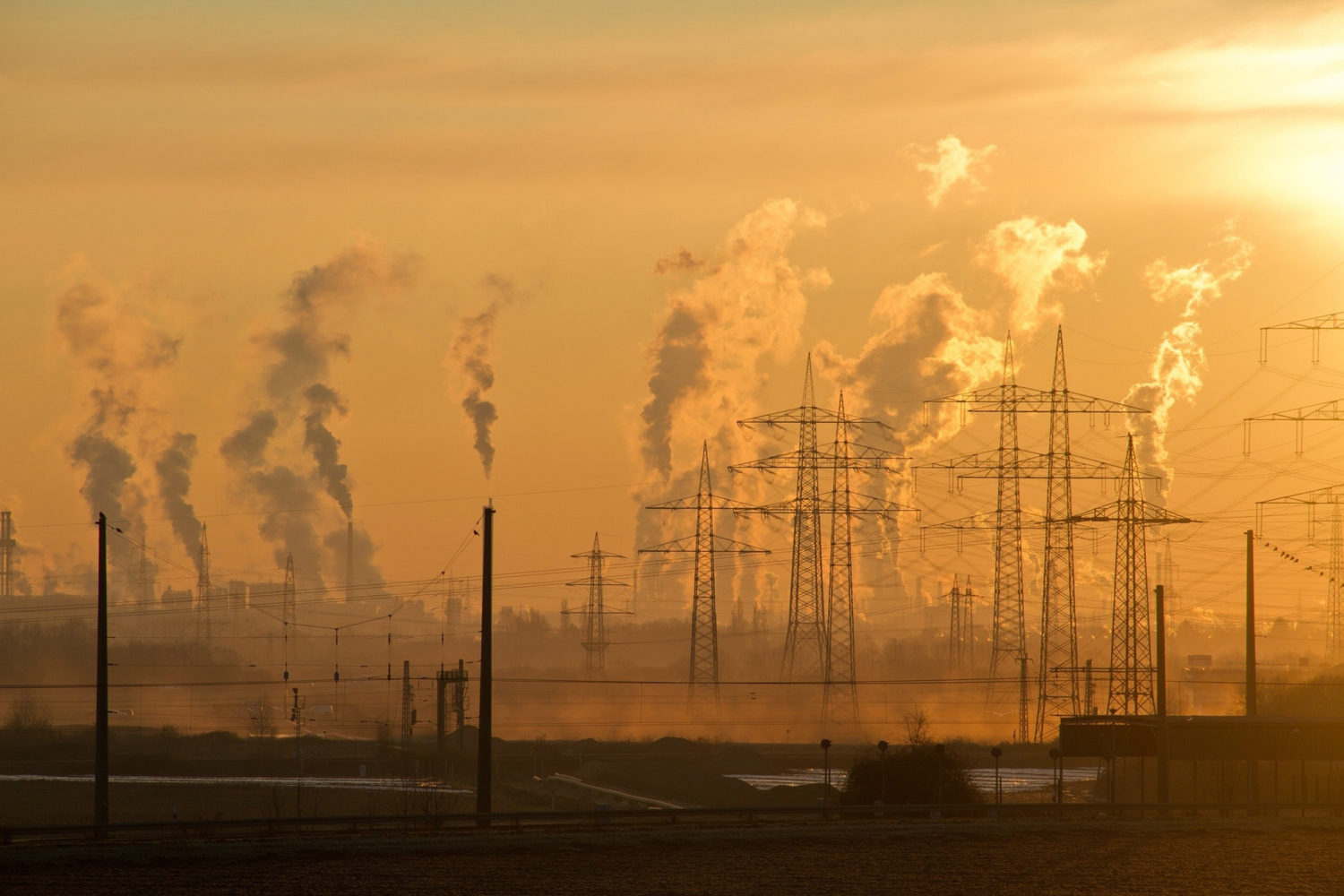Double vision
A Labour government would look both outwards and inwards to tackle climate change. Alan Whitehead MP sets out the party’s priorities.
There are two essential elements to Labour’s approach to tackling climate change, one facing outwards and the other inwards and both are in essence straightforward, although the consequences are anything but.
Facing outwards, our priority has to be to defend and extend the 2016 Paris Agreement – COP 21 – the agreement that finally gave some real impetus to the task of moving countries across the world beyond warm words on the need to decarbonise. It was an agreement based on nationally determined contributions that together are supposed to add up to the overall aim of securing global temperature increases of less than 2.00c by 2050. The NDCs at Paris did not systematically add up – and nor are the early indications that the mechanisms for tightening them up so they do add up are working perfectly – but the achievement of Paris is that the mechanisms and the obligations are now there country by country – and in this sense, the attempted destruction of the agreement by Trump did not and will not work. Not only did the signing and ratification of Paris show that the rest of the world can make significant international agreements come into place without the world’s largest superpower being present, but the fact that the rest of the world hung together has made other superpowers, such as China, start to ramp up their contributions and commitment. Overall the greening of the world economy that may well result from those commitments being made real will effectively require the US, in its own economic interest, to come on board again.
And the best way we can defend the Paris agreement right now is to deliver on our own nationally determined contribution to bolster the robustness of the overall framework. Nationally determined contributions as far as EU members are concerned have been negotiated by the EU as a bloc – and our commitments to Paris are framed within this: but once we leave the EU we will be required to present an individual NDC to the Paris agreement, and here we should be able to present one that goes beyond what our EU negotiated commitment binds us to. This is because of the existence in the UK of Labour’s climate Change Act and the milestone it commits us to, which goes beyond the collective EU position. This brings us to the second part of the approach: facing inwards.
Labour should have a cast-iron commitment to maintain the trajectory and requirements of the Climate Change Act and all it entails in domestic policy. For the Act does, contrary to some opinion, involve a great deal more than a somewhat misty-eyed and far-off commitment to reducing the UK’s greenhouse gas emissions by 80 per cent by 2050 (from a 1990 base). The mechanism within the Act of five-year carbon budgets, reducing emissions year on year according to closely worked out milestones, advised upon and monitored by the committee on climate change, means that there are not only very measurable progress markers to meet along the way, but a real examination of the effect of policy on whether these targets are met.
And this is where the simple framework does become more complicated. For the effect of policy on climate change – all the detailed provisions for feed-in tariffs for renewables, progress on energy efficiency, changes in the energy mix, cleaner transportation and so on – have had the effect so far of reducing the UK’s greenhouse gas emissions from their 1990 level by 42 per cent, meeting the terms of the first three carbon budgets to have been set by the committee on climate change.
But we are running into choppy water on the two further budgets that have been set so far – the fourth and fifth, covering the years 2022 to 2032. With present policies, we will fall short of achieving the required reductions – and in the case of the gap between the fourth and fifth carbon budget by about 50 per cent, even with the ‘new’ policies presented by the government recently with the publication of the clean growth strategy. Although the strategy has been well received in many quarters and does present a raft of sound policy aspirations, its sums simply don’t add up. They fall short of what such strategies (supposed to be presented to show how policy can meet the requirement of each carbon budget) are required to do.
Worse, the clean growth strategy contains very few actual hard policy instruments that can make a reality of the aspirations. To take just one example: the strategy, as part of the contribution the climate change committee has earmarked for energy efficiency in cutting emissions, has committed to bringing all domestic properties up to an average of band C in the seven-band standard measure of the energy efficiency of a property. But there are no policy indications as to how this might be done, other than a relatively small programme over the next 10 years to oblige energy companies to carry out some energy efficiency retrofitting in fuel-poor households.
And worse still, there are now indications that the investment in clean energy – a key component of our emissions reduction strategy – has begun to collapse over the last two years, quite probably as a result of the anti-renewable and clean energy measures that were taken during 2015 by the then Cameron government. These effectively banned onshore wind, cut support to solar installations, cancelled the zero-carbon homes plan for new houses, and pulled the £1bn carbon capture and storage demonstration programme. This is an example of how a negative policy framework can have deleterious effects way beyond the immediate problems it was supposed to fix; and stands as a lesson to Labour that a future policy environment has to offer long-term stability and support in order to trajectories and the investment in supporting them intact.
Labour’s response must produce a clean growth plan when in government that actually does meet to our carbon budget obligations. That means introducing policy instruments that really do support their realisation, that do establish the solid long-term landscape that supports and maintains investment in the green economy and thereby allow us to present our nationally determined contributions to the Paris agreement as an example to others. We need them to be deliverable as the verification process adopted by Paris (based largely on the mechanisms of the UK Climate Change Act, incidentally) moves forward.
Here is one example of the difference a Labour government would make. Labour has committed now to move far beyond the thin and chaotic home energy efficiency prescriptions of the Tory government by establishing a programme to retrofit four million homes including a large chunk of hard-to-treat solid wall homes for each of the next two Labour government’s terms in office. This programme, costing about £1.8bn per year, will be carried out by local authorities and partners on an area basis and will have a number of effects. It will save families substantially on their energy costs – it will to all and intents and purposes eliminate fuel poverty because of the changed relationship between poor housing conditions and energy bills It will also, through the immense reduction it will make in energy use and hence emissions meet in full the climate change committee’s recommendations for the contribution that energy efficiency in homes will make towards overall emissions reduction targets in the fourth and fifth carbon budget.

